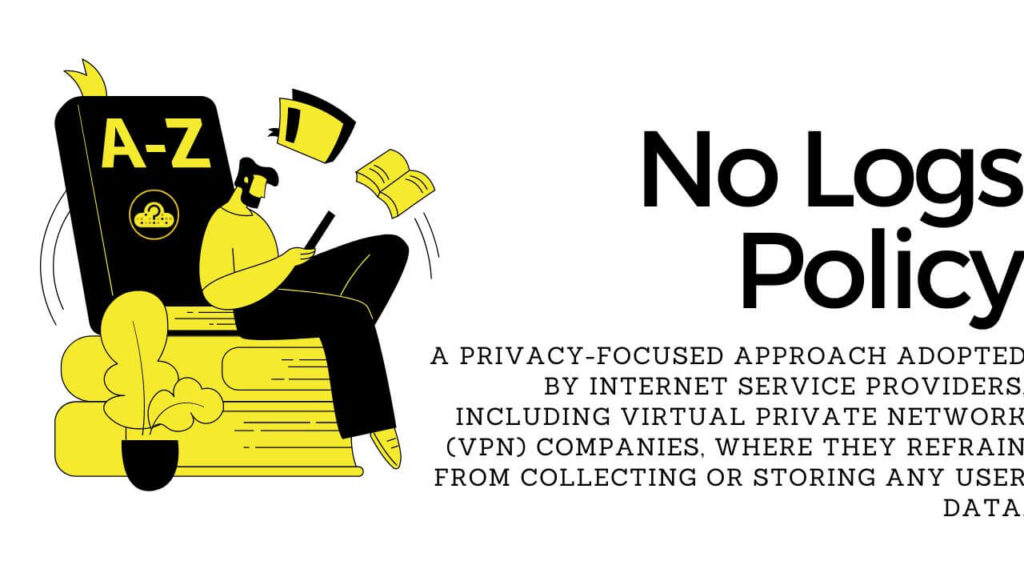What Is No Logs Policy?
- Short Definition:
- A no logs policy is a privacy-focused approach adopted by internet service providers, including Virtual Private Network (VPN) companies, where they refrain from collecting or storing any user data or online activities. This policy ensures that user information remains anonymous and confidential, enhancing online privacy and security.
- Extended Definition:
-
A no logs policy is a crucial aspect of privacy protection in the digital age. It is a commitment made by internet service providers, particularly VPN companies, to not keep any records of user data, browsing habits, IP addresses, or connection timestamps. By adhering to a strict no logs policy, these providers aim to safeguard user anonymity and protect them from potential data breaches, cyber-attacks, or surveillance activities. This policy instills trust among users as it guarantees that their online activities remain untraceable, and their personal information is not stored or shared with third parties.
How Is It Related to VPN?
This policy is directly related to Virtual Private Networks (VPNs) as it defines the provider’s approach to handling user data. A reputable VPN service with a no logs policy ensures that it does not collect or retain any information about its users’ internet activities. When a user connects to a VPN, all their online traffic is encrypted and routed through the VPN server, masking their true IP address and making it appear as if they are accessing the internet from another location.
A no logs VPN guarantees that no records of this activity are kept, preserving the user’s online privacy and making it nearly impossible for anyone to trace their online behavior back to them. By adhering to a no logs policy, VPN providers prioritize user privacy, instilling confidence in their service and attracting users who seek enhanced online security and anonymity.

For more definitions, check out our dedicated Definitions List.
